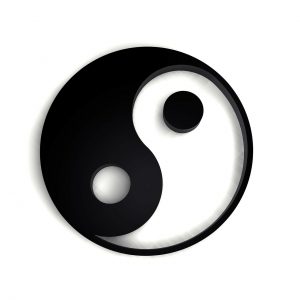 Feng Shui
Feng Shui
Everyone appreciates the benefits of beautiful, comfortable living environments; America’s billion-dollar interior decorating industry attests to this fact. However, Feng Shui takes the approach that your surroundings affect not just your level of material comfort but also your physical and mental health, your relationships, and your worldly success.
Feng Shui originated in China from more than 2,000 years ago, where the knowledge was passed down from the court meteorologists of Imperial China. Over the centuries, this knowledge of Feng Shui has been adapted into a living skill – incorporation into architecture, interior decor, building development and home living. In the current day, Feng Shui has also been added into newspaper and magazine columns, just like how astrology and zodiac forecasts have been featured on them for the past years.
Feng Shui is the art of harnessing energy or “Chi” (in mandarin 气)to create a balance and harmony in our environment. This energy or “Chi” is the invisible force that circulates and moves within the environment, indoors, outdoors, on land, in water, across mountains and etc. – it is everywhere. Scientifically speaking, this could be one of the energies that the electronic age is tapping on for our mobile phones, satellite transmissions and etc. As such, Feng Shui affects you every moment of the day — whether you’re aware of it or not.
This “Chi” also vibrates through the human body and this is what Chinese Traditional Medicine is based on – the 5 elements: Metal, Wood, Water, Fire and Earth. When activated or in balance and harmony, this “Chi” attracts abundant good fortune, engenders vibrant good health and creates enormous prosperity. Thus, Man’s destiny is vastly improved when “Chi” is captured through the practice of Feng Shui.
There are nine fundamentals that make up the foundation of Feng Shui practice:
- the landscape of locations,
- the shape of buildings,
- capturing cosmic chi,
- deflecting killing energy,
- applying the concept of five elements,
- balancing yin and yang,
- understanding symbolism,
- using compass directions to define space and
- updating time changes.
Today, Feng Shui practice has already evolved with time, with many new inputs from generations of traditions and cultures. We have to bear in mind that our Earth is constantly changing, so does the weather, environment, time, people as well as the energy around us. As a result, there is not one fixed place or time to activate Luck for Wealth, Romance, and etc. As such, practitioners need to constantly upgrade their Feng Shui skills and knowledge to identify the most suitable Feng Shui solution. While purists may object to any kinds of western or New Age inputs which helped to shape today’s modern day Feng Shui practice, there are also well known and successful practitioners like Lillian Too, who bow to the evolution theory of knowledge and accept that, in the spirit of the I Ching, that all knowledge evolves with the times.
As you begin to discover more about Feng Shui, remember that you need to have an open mind and should use the methods that are most comfortable for your particular circumstances. 8Treasures welcome you to join us on this journey in exploring into the realm of Feng Shui!
To find out more about our Consultations, click here.
